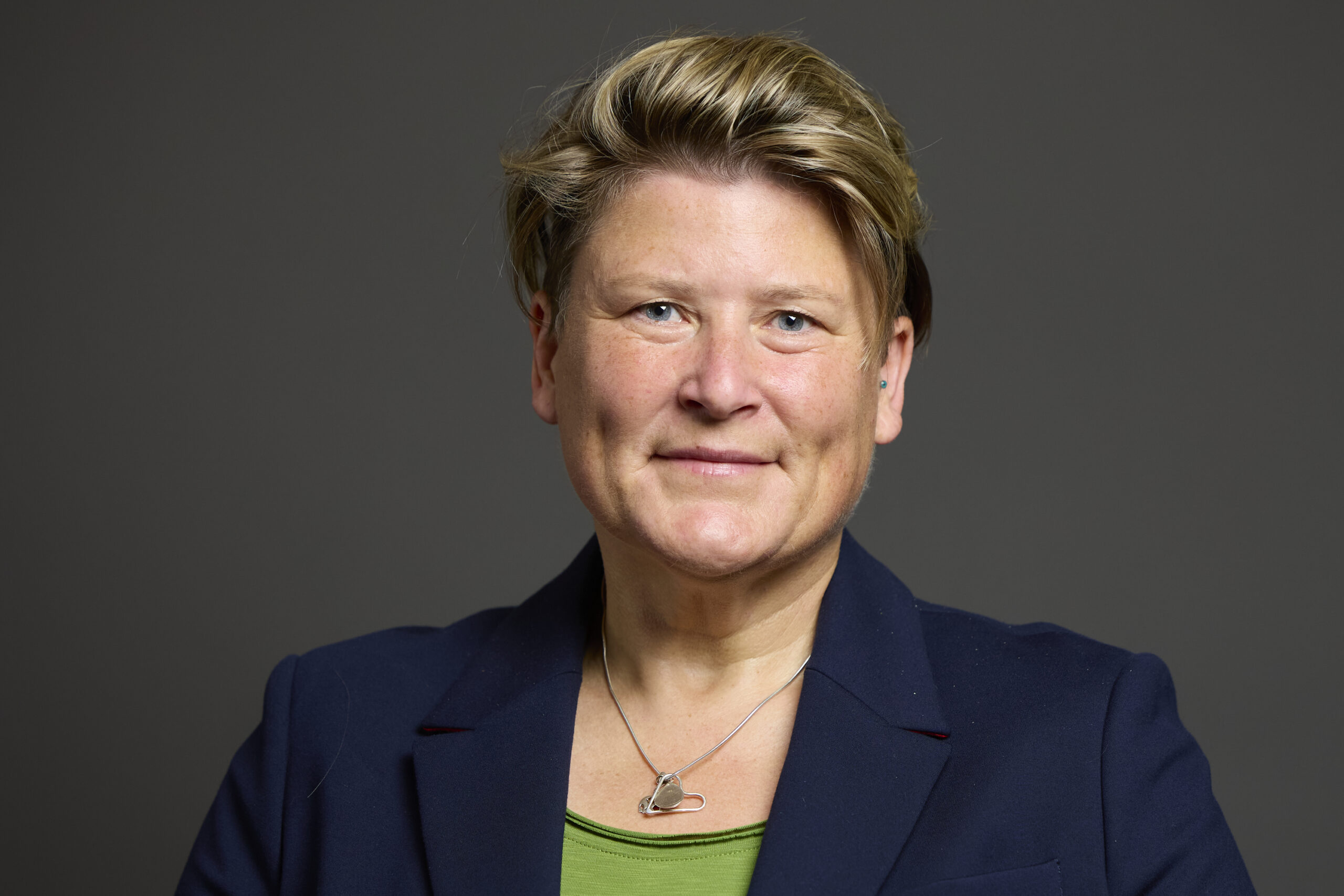Broadband and internet connectivity are integral to modern life and its importance only increases, however too many rural areas struggle to realise the opportunities available because of poor broadband coverage.
17% of rural domestic premises and 30% of rural commercial premises do not have access to superfast broadband. Unfortunately, there is a digital divide between rural and urban areas, which is hampering economic development in the countryside.
A survey by the Countryside Alliance found that 70% of respondents felt that digital infrastructure was the most important issue to the rural economy. Given that only 58% of premises in Glastonbury and Somerton currently have gigabit broadband, compared to the national average of 78%. If the Government want to achieve their growth agenda, the proliferation of rural broadband and mobile connectivity will be crucial to grow the economy in rural areas.
Openreach’s gigabit economy report estimates that full-fibre coverage could boost UK productivity by £72 billion by 2030 and bring over half a million people back into the workforce.
However very hard to reach places in rural areas are currently struggling with 5% of Glastonbury and Somerton receiving less than 10 Mbps download speeds. In fact, in some areas of my constituency such as Butleigh, up to 15% of premises receive less than 10 Mbps download speeds.
When opportunities arise for commercial arrangements to connect people the prices can be eyewatering. My constituents in Charlton Adam were quoted a price of £270,000 for connecting fibre to their premises.
This is why it’s absolutely crucial that the remaining unspent funds for Project Gigabit are spent on ensuring that very-hard-to-reach areas are covered. We know that commercial suppliers will not come back to connect these areas due to the expense involved. Project Gigabit has delivered success in connecting homes are businesses that aren’t included in broadband suppliers’ plans, but the final few per cent of people who still struggle to get good broadband coverage must be improved over the next few years.
The last Government launched a consultation on reaching very-hard-to-reach areas, starting important work in this sector but the work remains unfinished. I believe that the new Government must take the opportunity to re-establish that work to ensure these areas are not left further behind.
I also think there are practical changes that can be made in Project Gigabit contracts that will allow broadband suppliers to work faster to reach difficult areas. More flexibility from Building Digital UK to add properties to contracts and ensure that premises that have been missed are brought back into scope, while also providing a route to subsidy funding would help to boost coverage.
While the difficulties providers face in accessing land due to the electronic communications code sometimes necessitating a lot of time to grant the provider access to private land to build creates a barrier to rural network build. If the electronic communications code was streamlined and updated to speed up the process and reduce costs, more communities would be provided with access to gigabit broadband.
I also recognise that fibre build to the premises may never be feasible for some rural areas due to the huge cost and logistical challenges involved. For some very rural and hard to reach areas fixed wireless or satellite coverage must be considered. As technology develops, opportunities arise, and we must be prepared to take full advantage of that.
I worry that if we don’t act now, large swathes of rural areas across the country will be yet again left behind and unable to have reliable broadband coverage. So, we must make sure the Government commits to doing everything in its power to support connecting very-hard-to-reach areas and that solutions are found.
If we don’t act now, large swathes of the country will be left behind and unable to have reliable broadband coverage


